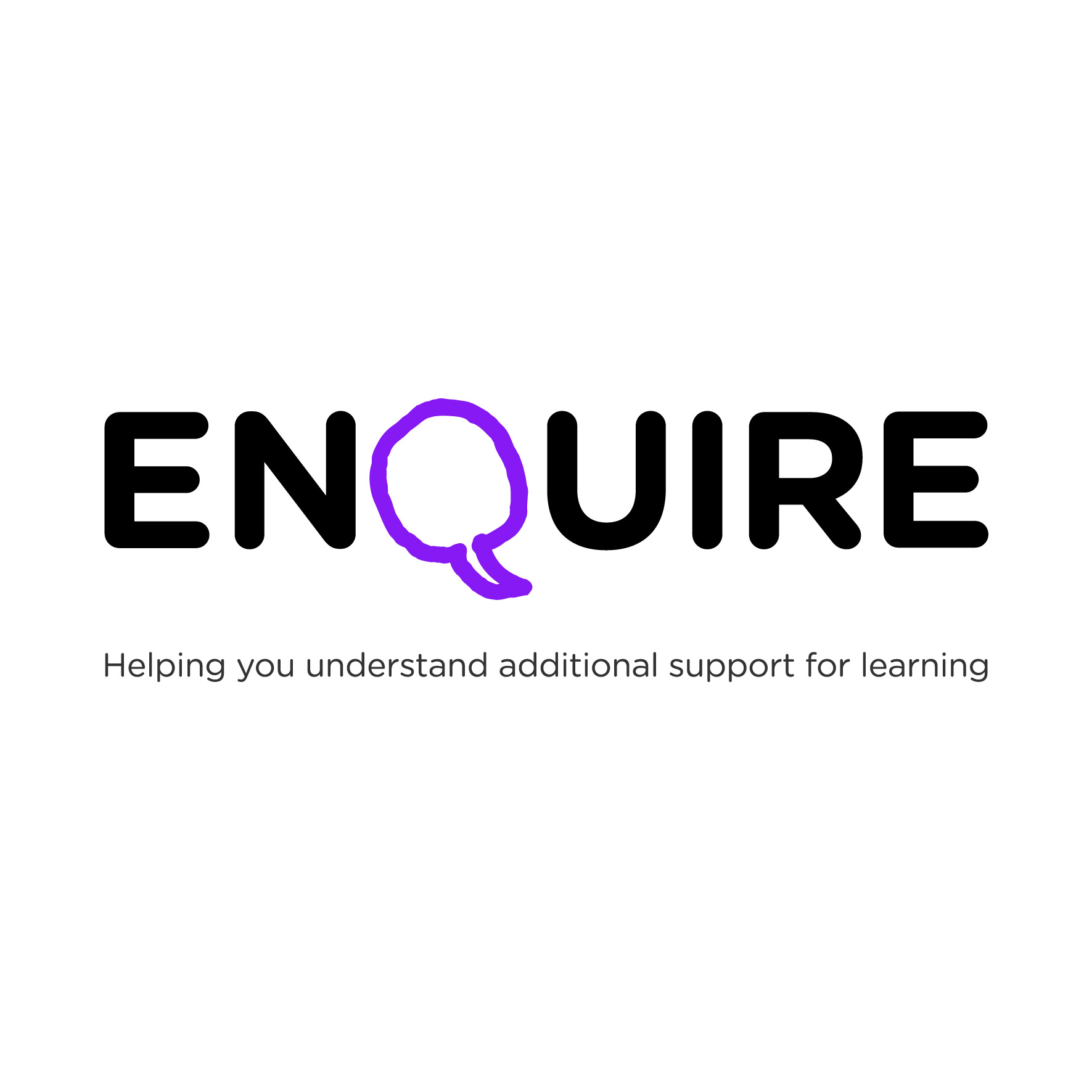Holding on to the human side of being 'present' with people
6 Sep 2021
Mediation manager for Resolve: ASL, Sandra Mitchell, explains how the service adapted during the pandemic and managed to keep hold of its core component of being present with people experiencing conflict.
In early 2020, COVID-19’s very speedy spread suddenly shut down Resolve: ASL along with the rest of the world, leaving us all dazed and quite unaware of what was to happen next.
In response, we quickly realised we would need to move our service online to be able to continue to offer our service. This was a big challenge in many ways, particularly for me. As a mediator of 25 years, I was always resistant to online or telephone mediation. I was passionate that the core component was the human aspect of being present with people who were in conflict and experiencing a wide range of emotions and behaviours.
However, any resistance to change – another very human response – was out of our control and we scrambled to set up procedures and processes so our service users could continue to resolve their disagreements, which had not gone away, and now had extra layers of pressures added due to the way we were having to live and communicate.
As the weeks went by and we all started to learn how to live in lockdown, we started to embrace and adapt to our new online delivery of mediation and to our delight and surprise it was not too painful – even I was becoming a willing and enthusiastic convert!
Our mediators started to tell us that online mediation was an acceptable substitute to face-to-face mediation. This shift introduced mediators to understand various benefits while acknowledging there are areas that are not the same. The human aspect of not being in the room with the people includes the disconnect between sight and sound. Working online to maintain eye contact or process social cues has now become the object of greater focus and attention, which as unconscious social interaction could often be taken for granted.
Most concerns raised by parents, carers and education staff were around using the technology, Teams, Zoom etc and these concerns were quickly responded to with trial runs and support given by our mediation officer.
Our users started to tell us how they found it less time consuming – not having to travel, not having to have children looked after and that being in their own surroundings, they felt more comfortable and confident to talk.
Nearly all feedback from our mediation users has told us that mostly they really valued that our service had continued to connect them with the right people and then support them to talk, listen and create solutions for their issues during extra stressful times and we ‘were still there for them’.
The pandemic and topsy turvy times we have all faced has opened doors and fostered change across the world and for our mediation service, we have certainly embraced our understanding and practice to be more creative in improving human connections thorough online mediation.
People who are in dispute – whatever it involves – carry a burden, unnecessary stress and upset which plagues them for months even years, eats up their time and puts unwanted pressures on their personal, professional life and relationships. To see the relief on their faces, and that they can finally move on with their life is priceless, especially when you know you have helped to achieve that albeit virtually or face-to-face.
I believe that the future will have room for both online and face-to-face mediation. These options must be based on experience, be true to our commitment to the integrity of the mediation process and, most importantly of all, reflect the needs of our users.
Sandra Mitchell is Mediation Manager for Resolve: ASL. Click here to learn more about the service.

Resolve: ASL Mediaton Service
Creates solutions for education disagreements
Click here to find out more
Enquire
Find out more about Enquire, the Scottish advice service for additional support for learning
Click here to visit the website
Reach
Helping you understand children’s rights to be supported and involved in decisions
Click here to visit the website
My Rights, My Say
Helping children aged 12-15 with ASN to speak up about the support they need with their education.
Click here to visit the website
'Challenging inequality and leading change'
Media release: the first report charting the work and calls of the Inclusion Ambassadors is published
Click here for more